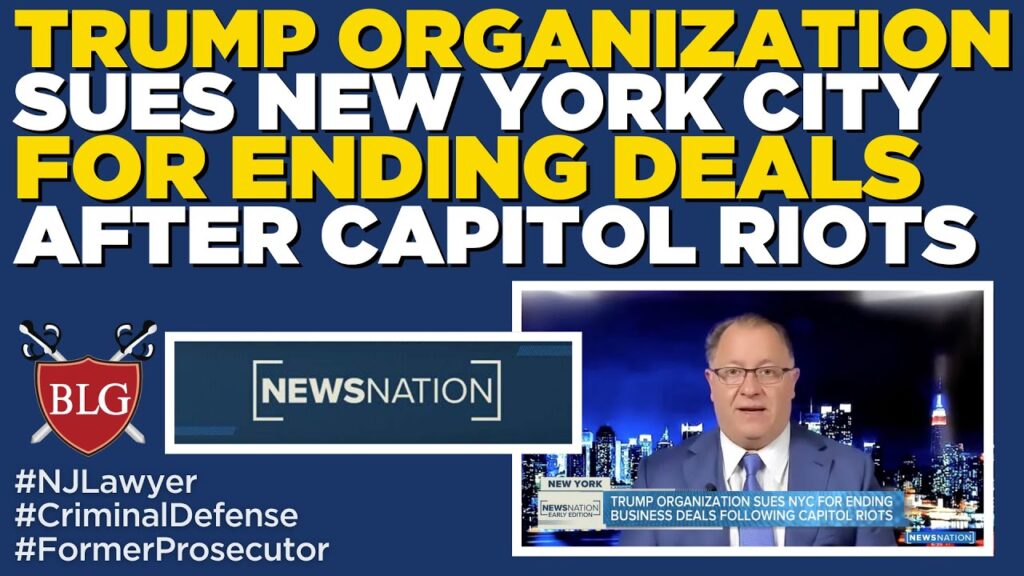By Robert (Bob) Bianchi, Esq.:
I was honored to appear on MSNBC to give extensive legal commentary on the Aaron Hernandez verdict on 4/15/2015.
I guess it would be appropriate on this tax day to say Aaron Hernandez’s murder debts owed finally came due with interest. He was found guilty and sentenced to life without parole in State Prison.
Prior to the return of the decision, I was advised that it was dangerous to make a prediction on the verdict, as most felt that it was a “hung jury.” I never questioned that it would be a guilty verdict, considering that the jury asked no substantive questions on the law or “read back” of any witnesses’ testimony. So, before the verdict was announced I boldly predicted the result based upon my years of trying many murder cases as a Prosecutor and Defense Attorney would be Guilty. It was my feeling that the jury was doing their due diligence in going over all of the testimony and exhibits in an exhaustive and thorough manner. We should expect nothing else. And, after the guilty verdict, this was exactly what the jury members stated they were doing.
I also previously stated that I felt the defense made a critical error, in this case, one of common sense from knowing how jurors think when deciding a case. As a former New Jersey Homicide Prosecutor and New Jersey Criminal Defense Attorney, certified by the New Jersey Supreme Court as a Certified Criminal Trial Attorney, you learn many things over the years about how to present a case to a jury.
The defense attorneys in Hernandez (while doing a great job in many areas) made the cardinal sin of losing credibility with the jury in their summation. After the verdict, it was no surprise that this is exactly what the jury noted.
Specifically, during opening statement and throughout the case, the defense attorney argued that his client was not at the scene of the murder. However, in a stunning move during summation, that same defense attorney admitted Hernandez was at the scene, but that he did not commit the crime and it committed by others. A point that was never in any evidence at trial.
From my experience, this was a horrible tactical mistake for a number of reasons. At the time of openings, the defense knew the prosecution was going to admit evidence that undisputedly proved that Aaron Hernandez was at the scene of the murder. The defense should never have committed to the jury that Hernandez was not there at the beginning of the case. Then, after all of that evidence was admitted before the jury, admit in summation that he indeed was there.
And, even more damning was the video evidence showing that they woke up the next day, drank smoothies poolside, played with Hernandez’s baby, were doing high fives and giving themselves “bear hugs.” Clearly, those were not the actions of a man that saw a friend murdered by these “crazy” people. It was more of a celebration. And to top it all off, there is evidence of Hernandez’s fiancé getting rid of the gun and getting money for Hernandez’s accomplices for their departure from “Dodge.”
In addition to all of that evidence, the change of position by the defense in summation, by admitting Hernandez was at the scene of the murder, was a very bad mistake because it played into what the prosecutor was saying all along. That change in position made it appear to the jury as if the defense attorneys were “hoodwinking” the jury throughout the trial by stating he was not there.
Trial practice is an art form and the most important part of the art form is knowing that you never say something you cannot back up, much less change. It was a basic mistake that any seasoned trial attorney would have spotted a mile away. There were other alternatives the defense could have argued that would have accomplished a far better result when confronting Hernandez’s presence at the scene of the crime. But, those arguments were abandoned for an approach that transmitted to the jury that they had been lied to. Not a good thing to do!
As skilled, tested, and trained trial attorneys at The Bianchi Law Group (who teach other New Jersey Trial Attorneys on the art form of trying cases), maintaining your credibility with the jury is about as important and basic as it gets.
Trials really come down to common sense and a relationship with the jury. You really don’t have to go to law school to do this work. Rather, to be successful at trial, you need to be vigilant to always maintain your credibility, know your facts, have life experiences, common sense, and know people and human nature.
Juries want truth, not fancy legal arguments. They want evidence that makes sense to them as people. Here, the defense, while generally trying a good case, lost sight of that in my opinion.











